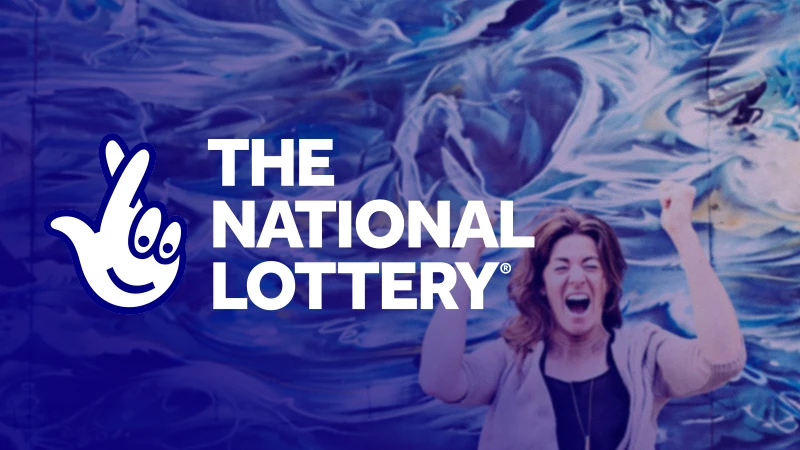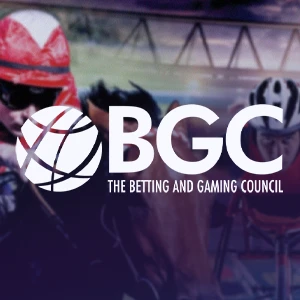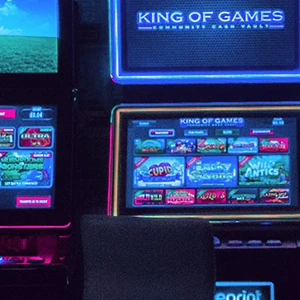Is the National Lottery just gambling for non-gamblers?

The UK Gambling Commission (UKGC) recently published the first ‘wave’ of statistics from the Gambling Survey for Great Britain. The new data reveals that 48% of UK adults regularly engage in some form of gambling and that more than one in five only played lotteries.
Many people regard lotteries as ‘not really gambling’ and in many regards, it isn’t subjected to the same scrutiny as other forms of gambling. How the lottery earned this innocent reputation, and whether it’s deserved, is a subject overdue for examination.
The National Lottery
The National Lottery is a long-running fund which raises money for good causes. It keeps about 1% of revenue as profit, spends 4% on operating costs, and gives 95% to winners and good causes.
To date, The National Lottery has granted around 685,000 awards worth more than £48bn in total. The main beneficiaries, sector-wise, of these awards include:
- Sports
- Arts
- Heritage
- Health
- Education
- Environment
- Charities
And the money goes a long way. For instance, the British Olympic team wins many more medals than they did prior to receiving National Lottery funding. Team GB took home 5 golds in 1992, 2 years before the National Lottery started, versus 29 golds in 2012. The long-term Lottery money investment in the British Olympic team is clearly paying off.
Also, The National Lottery has funded a number of films via the BFI, enjoying critical and commercial success in Britain and abroad.
There’s no doubt that The National Lottery does great work. It helps fuel Britain’s cultural output, improves lives, and creates millionaires, all whilst providing a casual and accessible way for Britons to enjoy a wager.
It's not really gambling, is it?
Charity lotteries, The National Lottery, The Health Lottery, Euro Millions and the People’s Postcode Lottery have a positive effect on many. But there’s no getting away from the fact that buying a lottery ticket, even in a casual, occasional capacity, is gambling.
A revealing 2020 study based on an Australian population sample – culturally not dissimilar to the UK – found a significant connection between lottery products (including scratch cards) and gambling-related harm.
Playing the lottery is the most popular form of betting in Britain, followed by scratch cards, then 'traditional' betting, then instant wins.
Despite falling into the latter category, online video slots are regularly characterised as an especially destructive form of gambling. It’s true that the ‘harmfulness’ of gambling varies from one form to the next, so some of these attitudes are, to an extent, justified.
Lotteries, however, seem to get some very generous concessions, and are treated with a great deal of leniency.
Operators of sportsbooks and casinos get a lot of negative press, whereas lotteries seem to escape this. This is likely because some of their proceeds are allocated to good causes, but it should be fully acknowledged that it is a form of gambling. With any gambling activity, there are people who have a problem keeping it in check.
Another reason why the UKGC may take a lighter-touch approach to regulating lotteries is that The National Lottery itself funds the Commission. This comes in the form of a grant from the Lottery rather than a licensing fee, as is the case with casinos and sportsbooks.
What about scratch cards and raffles?
Many also view scratch cards as ‘just a bit of fun’. This is likely to be due to their accessibility, affordability, prominent position in shops, and their bright, bold, eye-catching designs.
Considering that such strict regulations apply to gambling advertisements in the UK, perhaps it’s time to reassess the placement of scratch cards in our newsagents, off-licences and supermarkets.
Certain prize draws, including those which award winners with cars and houses, are even exempt from the law which states that credit cards cannot be used for gambling. Specific types of raffles are unregulated by the UKGC, and do not require a licence.
A sensible line has to be drawn somewhere; buying a raffle at a county fair, for example, is unlikely to indicate compulsive or harmful gambling. However, research found that almost one in ten of those who entered prize draws ended up in debt as a result.
A 2021 study found that consumers spent £653m on prize draws the preceding year, and that £117m of this was paid using credit cards. A number of these competitions operate in a legislative grey area. Essentially, the loophole being exploited relates to the fact that games with a ‘free entry’ option, or those involving any element of ‘skill’, fall outside of the Commission’s governance.
Scratchcards, raffles and prize draws should also be subjected to the same treatment as casinos and sportsbooks. The same study found 72% of lottery and prize draw players echoed this sentiment.
In conclusion
Nothing could undermine the wonderful outcomes that The National Lottery has helped generate over the years. However, treating all forms of gambling with a fair and balanced consideration of their harmfulness is essential to the prevention and treatment of gambling-related issues.
As it stands, lotteries are wrongly considered by many to be harmless fun, whereas casino and sports betting providers are widely vilified.
Viewing lotteries in this way is dangerous. Educating people about the relative levels of potential harm surrounding different forms of gambling is crucial, and the buck stops with the Gambling Commission. The UKGC should acknowledge the present double standards, and act fast to close any loopholes. Lotteries should be viewed as gambling, rather than entirely wholesome and 'a bit of fun'.
With that, the UKGC may also want to consider extending the RET levy to the National Lottery too, so that additional funds can go towards helping those with gambling problems. After all, many of those seeking assistance for a gambling-related issue have such issues because of the Lottery. However, they’re relying on services heavily propped up by casino and sports betting operators.
It's time for a fairer, more even playing field – in terms of both RET funding and perception of different types of gambling.





